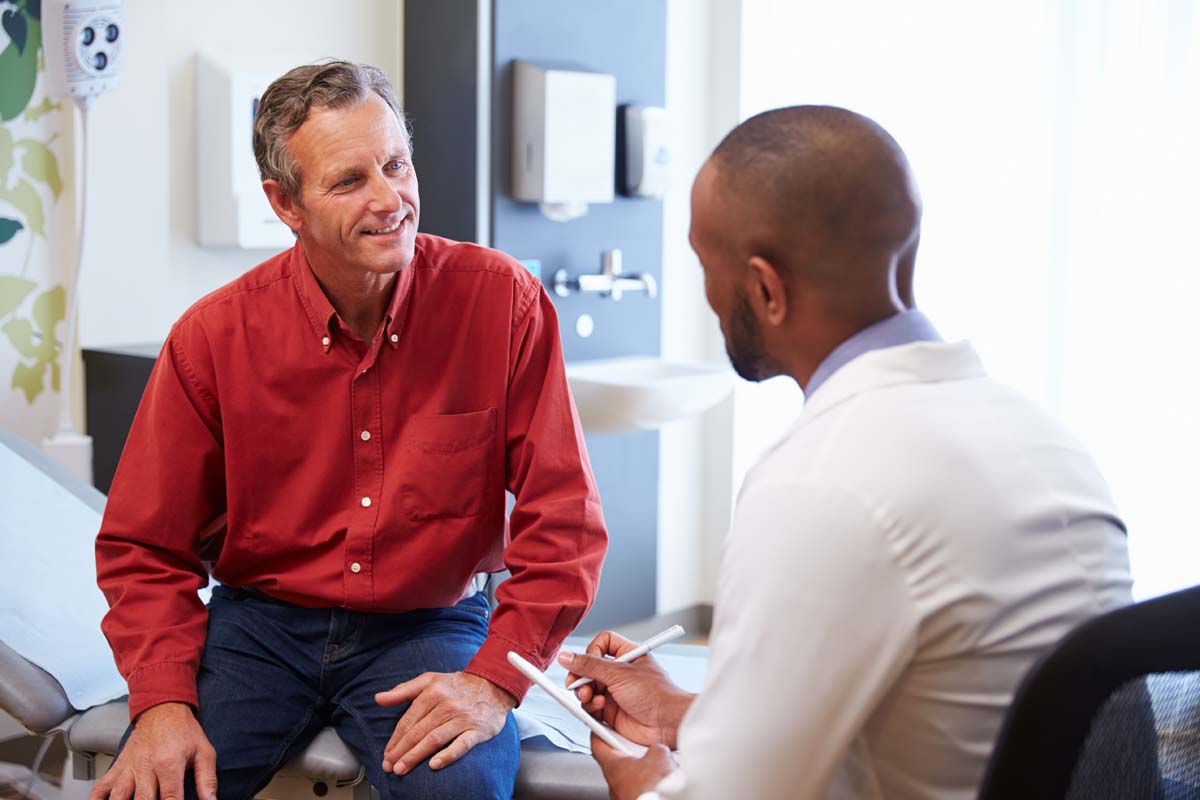Many people go through addiction treatment programs and either drop out early or continue to experience a recovery-relapse cycle for years afterward. Relapse risk is relatively high in patients who are not offered medication relief for withdrawal symptoms. Incorporating medications into addiction treatment has significantly improved patient outcomes over more traditional treatment methods. With medication-assisted treatment programs (MAT), people no longer have to go through withdrawal with the mentality of having to tough it out. Here, you will learn about some commonly used medications in medication-assisted treatment and how they support lasting recovery.
If you know someone who may benefit from medication in MAT programs, consider TruHealing Cincinnati. Our Ohio addiction treatment center offers MAT programs to cover every step of your recovery. Whether you are trying to quit for the first time or have been through the process before, we help you find the long-term success you deserve. Call us today at 888-89-SOBER to discuss which of our medication-assisted treatment programs may be right for you or a loved one.
Commonly Used Medications in Medication-Assisted Treatment
There are various medications available now to treat different types of addictions. However, not all addictions respond to medication. Medication-assisted treatment is primarily for the use of alcohol and opioid addiction.
Medication for opiate addiction includes:
- Buprenorphine – A partial opioid agonist that produces euphoric effects at a lower dose than other opioid drugs
- Naltrexone – An extended-release opioid antagonist that blocks the effects of opioids
- Methadone – A synthetic, long-acting opioid agonist that produces euphoric effects at slower, steadier rates and blocks the effects of opioid drugs
- Suboxone – A combination of buprenorphine and naloxone that produces milder euphoric effects and minimizes the effects of opioid drugs
Some medications used for opiate addiction can also be used for recovery from alcohol addiction so that you will notice an overlap below:
- Acamprosate – Interacts with brain neurotransmitters disrupted by alcohol use to minimize anxious symptoms
- Naltrexone – Reduces pleasurable feelings induced by alcohol consumption
You may be prescribed some of the above medications under their brand names. As time goes on, new drugs will arise that may be even more effective for addiction treatment.
How Treatment Centers Use Medication in MAT Programs
Taking one or more of the above medications in medication-assisted treatment may seem like a simple way to overcome addiction. However, medication is not a magic bullet. To successfully recover from addiction, medications must be paired with therapy. An effective medication-assisted treatment program will consist of:
- Specially selected medications to minimize discomfort from withdrawal symptoms and reduce cravings
- Medications to treat co-occurring mental health disorders
- Behavioral therapies to help patients develop healthy coping skills and behaviors conducive to recovery
- Holistic therapies to improve overall health in mind, body, and spirit
Medication is just one piece of the puzzle in recovery. Treatment centers use it as one component of a comprehensive treatment program. Trying to use medication as a shortcut and skipping out on therapy often does not equate to long-term recovery.
The Benefits of Medication for Opioid Addiction
Medication-assisted treatment can completely change a person’s life with substance use disorder. Even if someone has already tried other treatment programs or at-home detox, they will likely find more success with medication in MAT programs. Some of the most significant benefits of medication for opioid addiction are:
- Reduced risk of relapse
- Longer periods of abstinence
- Improved retention in treatment programs
The primary roles of medications and medication-assisted treatment programs are to alleviate withdrawal discomfort and eliminate or minimize cravings. In doing so, patients find it much easier to manage addiction triggers and temptations to use.
Find Withdrawal Relief from TruHealing Cincinnati’s Medication-Assisted Treatment Program
With the broader availability of medication-assisted treatment, there is no need to suffer through withdrawal symptoms and cravings to get sober. TruHealing Cincinnati is here to help keep you as comfortable as possible to stay committed to your recovery goals. Call us today at 888-89-SOBER to enroll in one of our evidence-based MAT programs.

